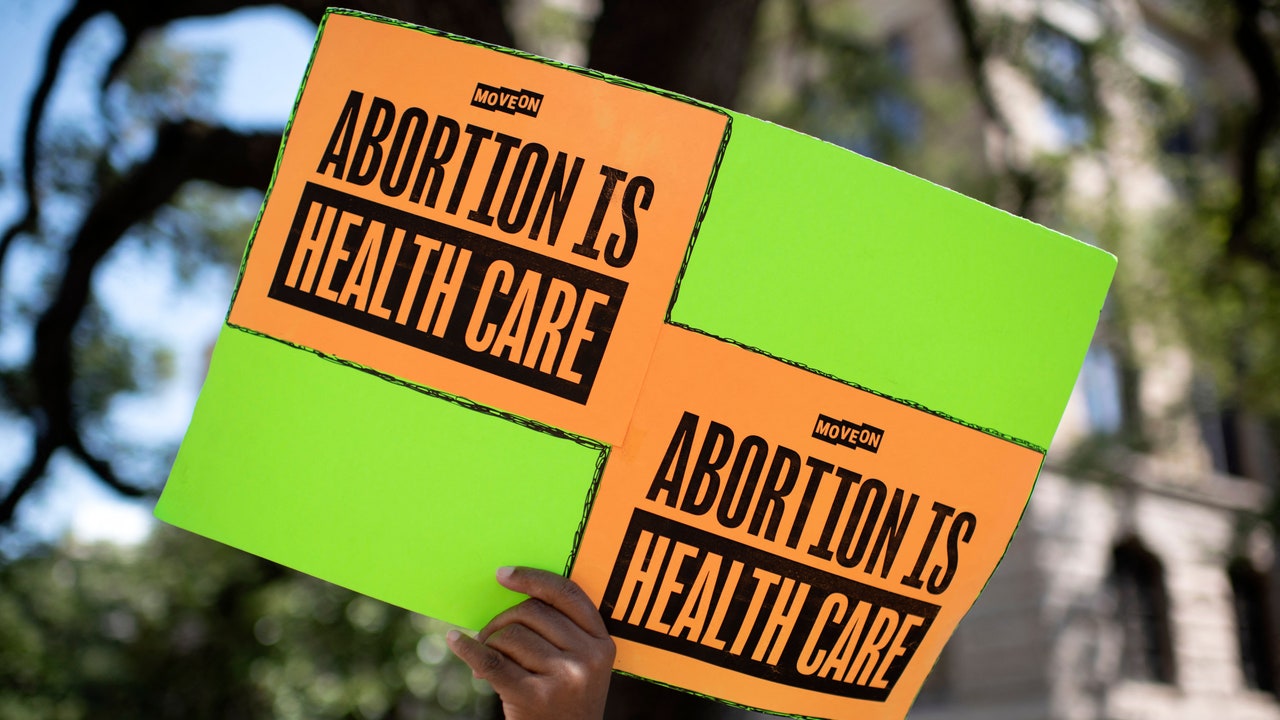If passed, these bills could change that. one would make it a crime to transport drugs intended to induce an abortion, although the law would not criminalize pregnant people. (Similar legislation was not passed last year.) Another invoice would treat a fetus as a person – legislation that could effectively equate abortion with murder. Both could pass this session, Nash said, although it’s hard to say which abortion laws lawmakers will prioritize until they return to the capital.
Access to emergency contraception
In states with abortion bans, especially some lawmakers and lobbyists in Idaho and Missouri, have expressed an interest in restricting access to some forms of emergency contraception, such as Plan B. Major anti-abortion groups such as Students for Life and several state sections of Right to Life, also disagree the so-called morning-after pill.
But it’s not clear if these kinds of restrictions will become more relevant — at least right away. In one shot obtained from ProPublica At a meeting between anti-abortion advocates and Tennessee lawmakers, some anti-abortion advocates proposed postponing the passage of birth control legislation for at least a few years until outrage over state bans on abortion subsides.
The Susan B. Anthony List, an anti-abortion lobby group, will work closely with state legislators on a handful of issues this year, said Katie Glenn, director of state policy. Glenn, one of those present at that meeting, narrated the 19th that Plan B restrictions aren’t something she’s heard as “a mainstream Republican or pro-life view.”
Other Restrictions
In some states that haven’t yet banned abortion — including Nebraska, North Carolina, South Carolina, and Florida — there’s likely to be renewed debate about further limiting when people can have abortions in pregnancy. Republicans control the legislature in all four states, although North Carolina’s Democratic governor could veto some proposed restrictions.
“A year ago, Roe v. calf was very limiting and now we’re going to have a lot more conversations about where states want their laws to end up,” Glenn said.
Florida lawmakers have already done so said They intend to pass a new abortion ban this year, although it’s not yet clear how early in the pregnancy they will restrict the procedure. In South Carolina, whose six-week ban was blocked by state courts, lawmakers hit an impasse this summer over the details of their proposed near-total abortion ban — specifically, whether to include exceptions for those pregnant by rape or incest. (In practice, such exceptions are actually don’t work. Nevertheless, laws have invariably proved to be the exception unpopular with voters.)
“It’s the split in the party that’s causing them a problem. They can’t put their people in line,” Nash said. “Is this going on? Or are the people essentially beaten into submission by the leadership or the governor?”
Beyond the confines of pregnancy, Susan B. Anthony’s list also intends to focus on limiting access to medical abortion, the two-drug regimen used to terminate a first-trimester pregnancy. In states where abortion remains legal, that could mean laws banning people from having medical abortions through telemedicine, where pills are sent through the mail and a patient virtually consults a medical provider. The practice is supported by medical experts as well as the Food and Drug Administration and the World Health Organization.
